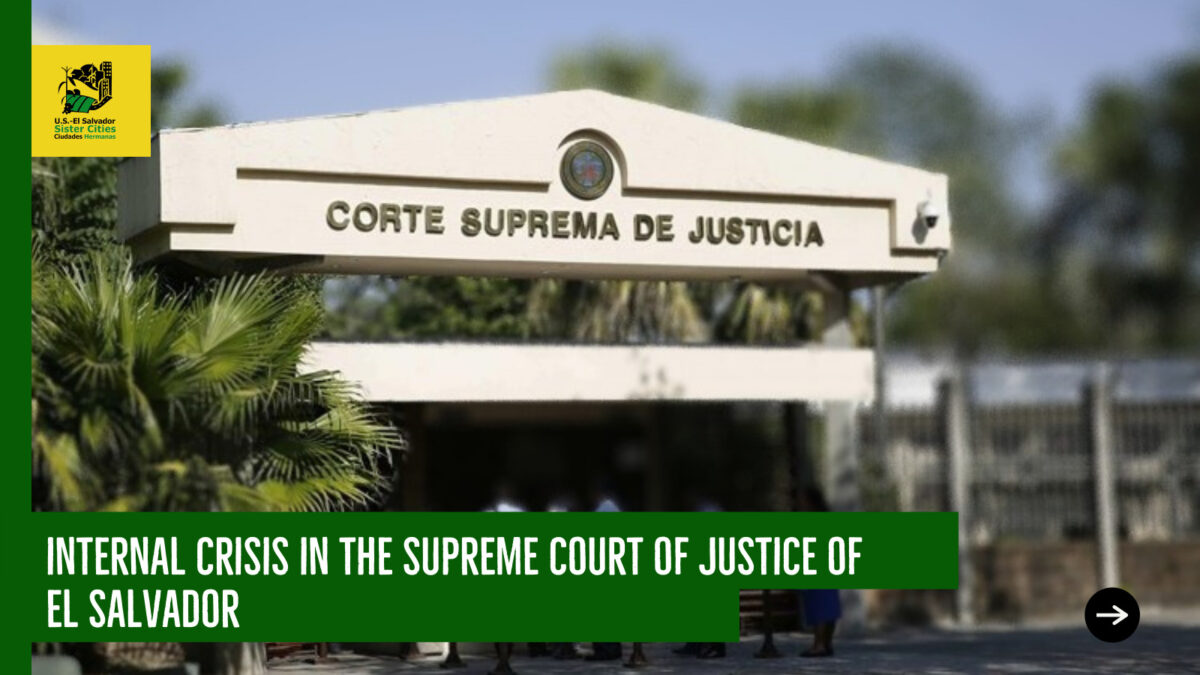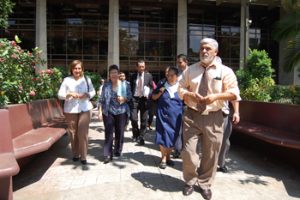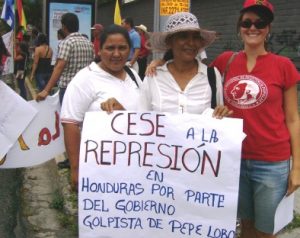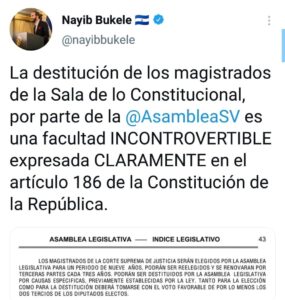Human Rights, Politics
Internal crisis in the Supreme Court
Fitch Ratings has downgraded El Salvador’s Long-Term Foreign Currency Issuer Default Rating (IDR) to ‘CCC’.
In Fitch’s view, weakening of institutions and concentration of power in the presidency have increased policy unpredictability, and the adoption of bitcoin as legal tender has added uncertainty about the potential for an IMF program that would unlock financing for 2022-2023.
The organization takes into consideration Environmental, Social and Governance factors. It refers to them as ESG. This is one of their considerations:
El Salvador has an ESG Relevance Score of ‘5’ for Political Stability and Rights as World Bank Governance Indicators have the highest weight in Fitch’s SRM and are therefore highly relevant to the rating and a key rating driver with a high weight. As El Salvador has a percentile rank below 50 for the respective Governance Indicator, this has a negative impact on the credit profile.
Adding fuel to the situation is an internal crisis at the Supreme court, as reported by LA PRENSA GRAFICA:
Internal sources of the Supreme Court of Justice (CSJ) confirmed that the magistrates Enrique Alberto Portillo and Alex Marroquín, both appointed on May 1, 2021 with the votes of Nuevas Ideas, promoted taking decision-making power away from the (also) imposed president of the Judicial Body, Óscar López Jerez (already included in the Engel list), for considering that “he was not making adequate administrative decisions”.
The same sources confirmed to LA PRENSA GRÁFICA that in addition to removing power from López Jerez in jurisdictional and administrative decisions through a Full Court agreement on February 8, they also removed 17 chiefs that he imposed when he became president of the Court.
Among these positions are the heads of the notary section, probity section, judicial and professional investigation, legal practice, human talent, financial management, fixed assets, institutional planning, money laundering department, among others.
“This morning (yesterday) each one (of the new heads of those areas) will be signing the respective agreement and taking office”, said a source familiar with the decision.
According to what was reported, there was a kind of “coup to the authority of the imposed president”, since the majority of magistrates agreed to dismiss all the middle managers that López Jerez had placed.
Another source assured that the magistrates who voted in favor of making the changes did so because they were upset and did not want Jerez to decide by himself since he manages how “crumbs are distributed” and they want to participate as well. They assure that there is an internal division within the Supreme Court of Justice to gain power and that Judge Alex Marroquín wants to be “the main spokesman for the Presidency” to obtain the privileges that the current imposed president has.
The situation was confirmed by Stanley Quinteros, a trade unionist from the CSJ, who in a radio interview yesterday said that “an agreement was reached and President López Jerez was stripped of his administrative powers. They removed him and now he remains as a simple spectator in many functions” of the administrative area.
#ÚltimaHora | Stanley Quinteros del @sejesjunio, detalló que de los 10 magistrados que ha nombrado este nuevo gobierno, 9 están en contra de López Jerez y que estos "se salieron del huacal" y que han entrado en una pugna de poder interna en la Corte Suprema de Justicia. pic.twitter.com/1AwHlMYo9F
— LPGJudicial (@LPGJudicial) February 9, 2022
“The power struggle was evidenced yesterday and it is 11 to 4, since four did not vote and that could have repercussions for the workers. They have names of those who voted and those who did not, but the important thing is what is coming”, he stated.
Quinteros said that he was not defending any official, but that he wanted to emphasize what the Judicial Organic Law says, which grants administrative powers to the president of the Court and that only the jurisdictional powers correspond to the full court.
He also denounced that the new appointments made by the magistrates are not the responsibility of the Full Court and that only judges should make them.
“We as a union denounce that there may be effects on the working class and therefore on the Salvadoran justice system”, he emphasized.
The Judicial Organic Law, in its article 27, confirms what Quinteros maintains. It states that the administrative powers will correspond to the president of the Judicial Branch.
The Communications area of the Supreme Court reported that there would be no official statement since they did not receive a response from the magistrates.
López Jerez was sought to know his version of the events and he did not want to say anything about it. Magistrate Alex Marroquín was also consulted, but he did not want to answer the questions.
Sources close to Judge López Jerez reported that if the changes that were approved on Tuesday, February 8, are not reversed, there may be “strong repercussions” as of this Friday.
Read the full article (In spanish) here.




